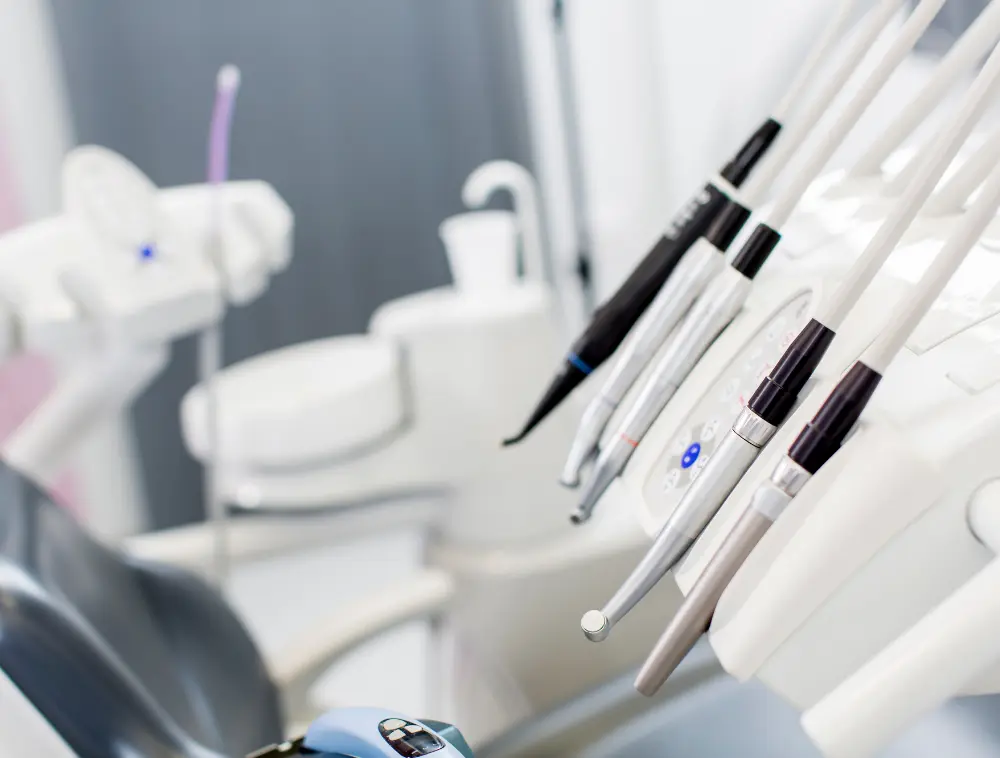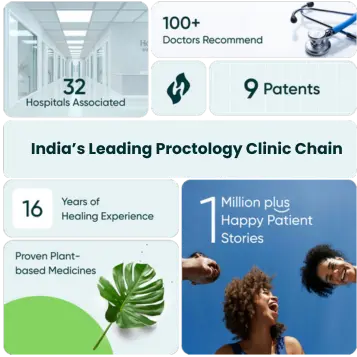- About Us
- Facilities
- Patient Stories
- Media & Events
- CSR
- Contact Us
- Book Appointment

At Healing Hands Clinic, an anal fistula is diagnosed through a clinical examination and proctoscopy. Complex cases may require an MRI Fistulogram.

Fistula is a complex condition that requires a treatment approach that not only closes the fistula but also prevents its recurrence while keeping in mind the preservation of the sphincter muscles to prevent incontinence. At Healing Hands Clinic, as a specialized Proctology super specialty, we have treated a large number of Fistula cases over the years and have developed a unique approach called DLPL (Distal Laser Proximal Ligation) after extensive research and clinical experience.
DLPL ensures complete closure of the fistula tract, and the use of laser energy minimizes the risk of recurrence. This approach has shown promising results and has helped us achieve our goal of treating fistula while preserving the sphincter muscles and preventing recurrence.
IN A SERIES OF 100 PATIENTS WITH COMPLEX HIGH FISTULAS TREATED WITH DLPL, THERE WAS NOT A SINGLE CASE OF RECURRENCE OR INCONTINENCE.
| Open Surgical Procedure | Laser Procedure (Most Advanced) |
DLPL (Most Advanced) |
|
|---|---|---|---|
| 20%-30% | 2%-4% | 0.1% | |
| Yes | Minimal | Minimal | |
| High | Low | Negligible | |
| High | Low | Negligible | |
| High | No | No | |
| 1 Week | 2 Days | Same Day |
20%-30%
2%-4%
0.1%
Yes
Minimal
Minimal
High
Low
Negligible
High
Low
Negligible
High
No
No
1 Week
2 Days
Same Day
We are recognized as the most innovative proctology hospital, pioneering our own treatment methods for intricate Anorectal conditions. Our primary focus is on curing with care.

